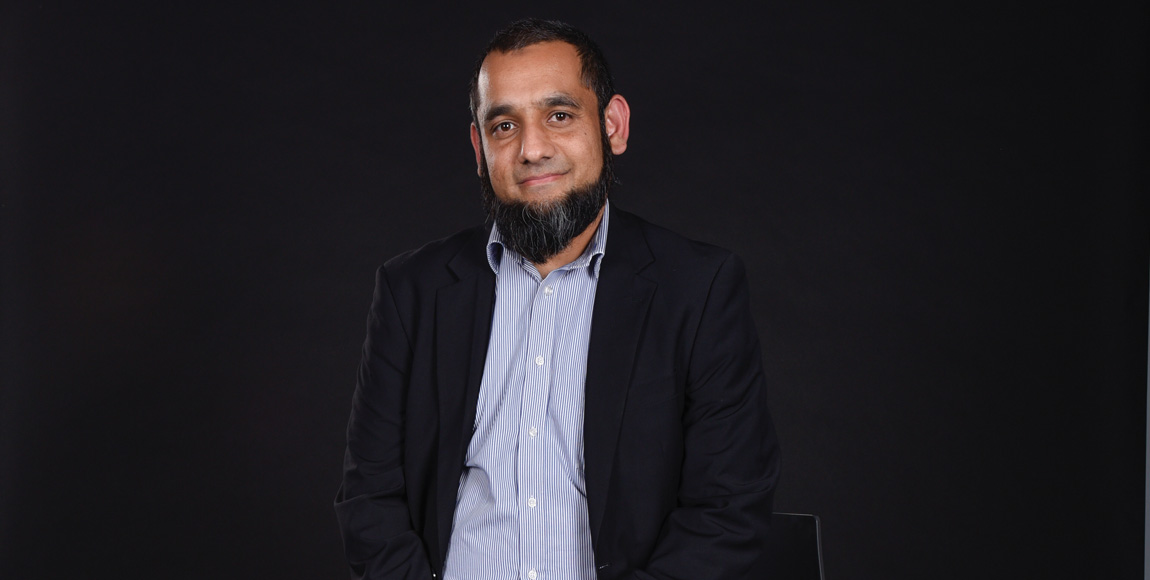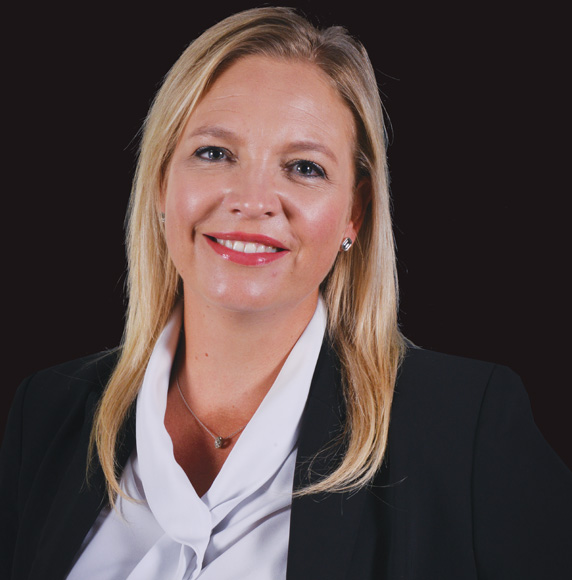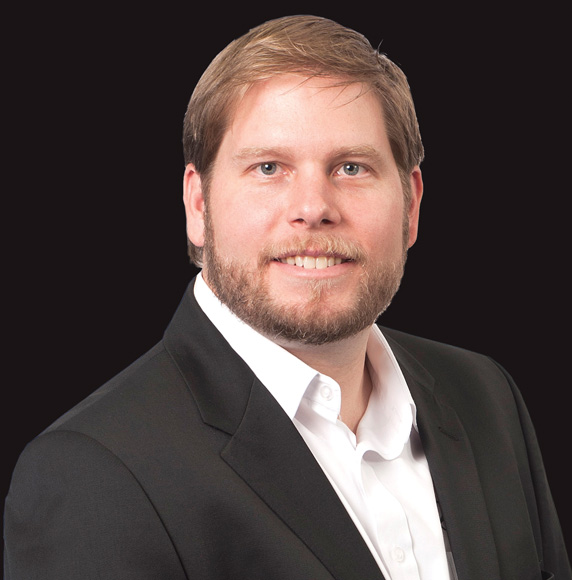All systems go!

Despite challenges in the country’s truck and bus markets, heads of divisions at Daimler Trucks and Buses Southern Africa are optimistic that opportunities for growth are on the horizon. To get an idea of which route the trends are following, WYNTER MURDOCH quizzes Maretha Gerber, head of Mercedes-Benz Trucks; Jason Brunninger, head of Mercedes-Benz Buses; and Ziyad Gaba, head of FUSO Trucks
Heading into the New Year, South Africa’s truck industry will remain under pressure to deliver simplified and affordable vehicle solutions that not only meet customer demands, but which are also aimed at lessening the effects of a volatile economy.
That’s the view of Ziyad Gaba, head of FUSO Trucks, who says that in the current market climate, no truck brand can afford to rest on its laurels. “Recent trends have shown that vehicle running costs – mostly related to fuel – are becoming significant purchase considerations for small to medium enterprises and a key decision trigger for corporates. We are expecting a technological shift to highly fuel-efficient vehicles in 2020,” he says.


The view is endorsed by Maretha Gerber, head of Mercedes-Benz Trucks, who says fuel efficiency, total cost of ownership and vehicle safety are prominent indicators of the market’s trajectory. “The move to cleaner fuels is one which we believe requires focus. We believe change is coming and we are geared up and ready to contribute. Our Euro-5 specification engines are already available in South Africa.”
Gerber says the introduction of the new Actros in mid-2018 underlined Mercedes-Benz’s strategy in delivering greater safety, better fuel consumption and lower total cost of ownership benefits, enabling the brand to contribute to customers’ financial goals. “Total cost of ownership has been an integral part of our approach for many years and the market’s increased focus on this aspect stands us in good stead,” she says.
Jason Brunninger, head of Mercedes-Benz Buses, says that though sales are under pressure – primarily due to a stagnant tender market – the private sector is becoming more involved in public transport services and, from this aspect, he is optimistic that the industry will begin to grow.
“Going into the New Year we will continue our drive towards cleaner transport solutions. More and more, customers are becoming focused on environmental issues in terms of vehicle selection, and we are in a position to offer a variety of solutions – from Euro-5 specification engines, to dual-fuel units or those that are powered by compressed natural gas,” he says.
Gaba adds that, in the sectors in which FUSO competes, reliability and quality, value for money and best service support are crucial to inspiring market confidence. “This year we introduced four new models, which allowed us to further deliver on these values and venture into areas in which we didn’t previously compete.
“Also, from October, we extended our warranty term from two to four years across our entire product range, which is testament to the confidence we have in our vehicles. Further, we have increased our warranty on parts fitted in our franchised dealer workshops from one to two years.”
Gerber predicts that digital integration, big data and real-time analytics will become significant differentiators in the coming year’s heavy-duty truck market. “Within the segment, aspects such as driving performance, pro-active maintenance, breakdown reporting and driver support will be key to maximising vehicle usage, improving efficiencies and offering greater safety.
“Planned investments in road and construction promise a good financial injection for the sector, which could also be bolstered by growth in the mining industry. Additionally, strengthening of trade ties across the sub-Saharan region will help to fortify the long-haul sector,” she says.
On the subject of expansion plans in African markets, Gaba says that, in 2016, FUSO’s dealer footprint was extended to include Zimbabwe, Zambia, Malawi and Mozambique. “Our focus within these markets is to continue to grow the FUSO brand. In South Africa, opportunities still exist for expansion and, in this regard, we are aiming to achieve a 10-percent market share,” he says.
Gerber adds that definite opportunities exist for Mercedes-Benz Trucks to grow its market share outside of South Africa. “That is why Daimler Truck and Bus Southern Africa took a decision in 2015 to expand its investments, involvement and footprints in sub-Saharan countries. We have dedicated focus on these markets, and further investment and growth is on the cards.”
She says that going into 2020, her wish from a business and economic perspective is for growth trends within the heavy-duty truck sector to continue. “Also, I truly hope that, for the sake of effective transport solutions and efficiencies, the war on trucks and on drivers will cease, so that we can once again focus our efforts on delivering goods to consumers promptly.”
The sentiment is shared by Gaba and Brunninger, both of whom wish for a stable and favourable South African economy.
Published by
Focus on Transport
One Comment
Leave a comment Cancel reply
focusmagsa





This is an incredible opportunity ! Am interested a lot , I would like to take the opportunity with my both hands to experience more and learn more